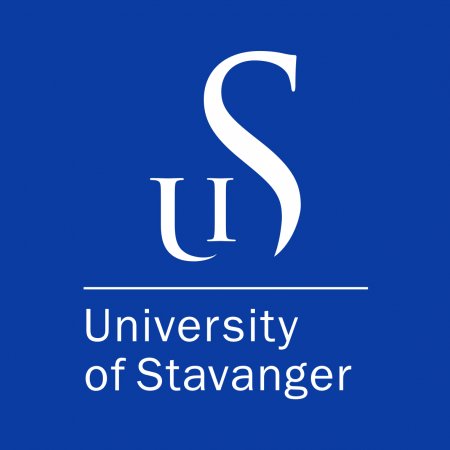Master’s Program in Public Environmental Humanities
Cultural insight & ecological action – This Master's Program invites you to study environmental issues through a humanities lens—and prepare for a meaningful career where you can connect cultural insight with ecological action on a global scale.
Cultural & historical challenges – Discover new ways to understand today’s environmental challenges—not just as scientific or technical problems, but as deeply cultural and historical. Explore how human values, narratives, and systems shape our relationships with the natural world.
Museums & heritage institutions – You will study topics such as the cultural history of energy, the meaning we give to landscapes, and how museums and heritage institutions can engage the public on climate issues. Throughout the program, you will take part in interactive seminars, do field work, learn to communicate research to the public, carry out independent research, and complete a creative project through a practice placement with a relevant organization.
Critical thinking & hands-on engagement – The program is taught entirely in English and welcomes students from around the world. If you want to combine critical thinking with hands-on engagement—and if you believe the past can help us build a more sustainable future—this is the place to start.
Public Environmental Humanities – Explore how values, narratives, and systems shape human relationships with the natural world
Entry requirements
A bachelor’s degree in any humanities or social science field of minimum 180 ECTS.
Examples of relevant degrees are: Anthropology, Art History, Communication Studies, Creative Arts, Cultural Studies, Geography, Heritage Studies, History, Journalism, Liberal Arts, Linguistics, Literature, Media Studies, Museum Studies, Pedagogy, Philosophy, Political Science, Religious Studies, Sociology.
Admission to this master's program requires a minimum grade average comparable to a Norwegian C (according to ECTS Standards) in the bachelor's degree.
Entry requirements
A bachelor’s degree in any humanities or social science field of minimum 180 ECTS.
Examples of relevant degrees are: Anthropology, Art History, Communication Studies, Creative Arts, Cultural Studies, Geography, Heritage Studies, History, Journalism, Liberal Arts, Linguistics, Literature, Media Studies, Museum Studies, Pedagogy, Philosophy, Political Science, Religious Studies, Sociology.
Admission to this master's program requires a minimum grade average comparable to a Norwegian C (according to ECTS Standards) in the bachelor's degree.
